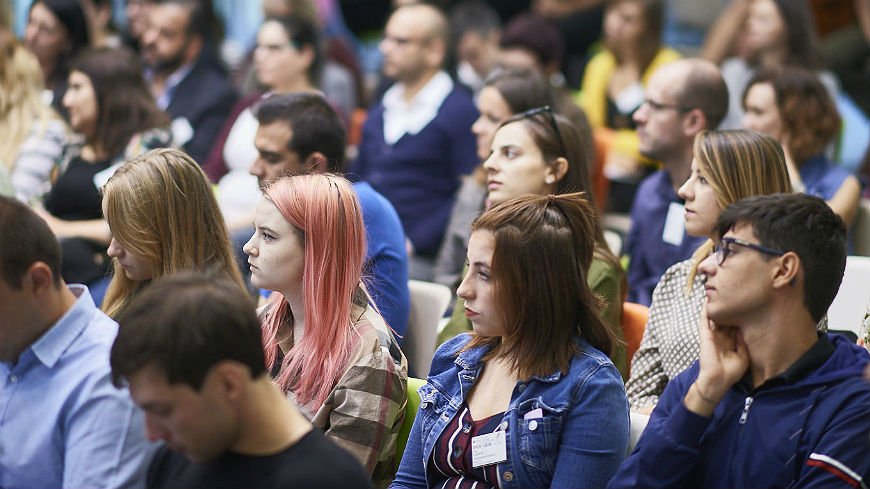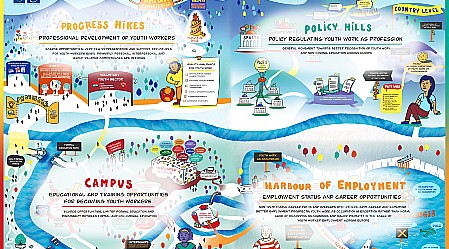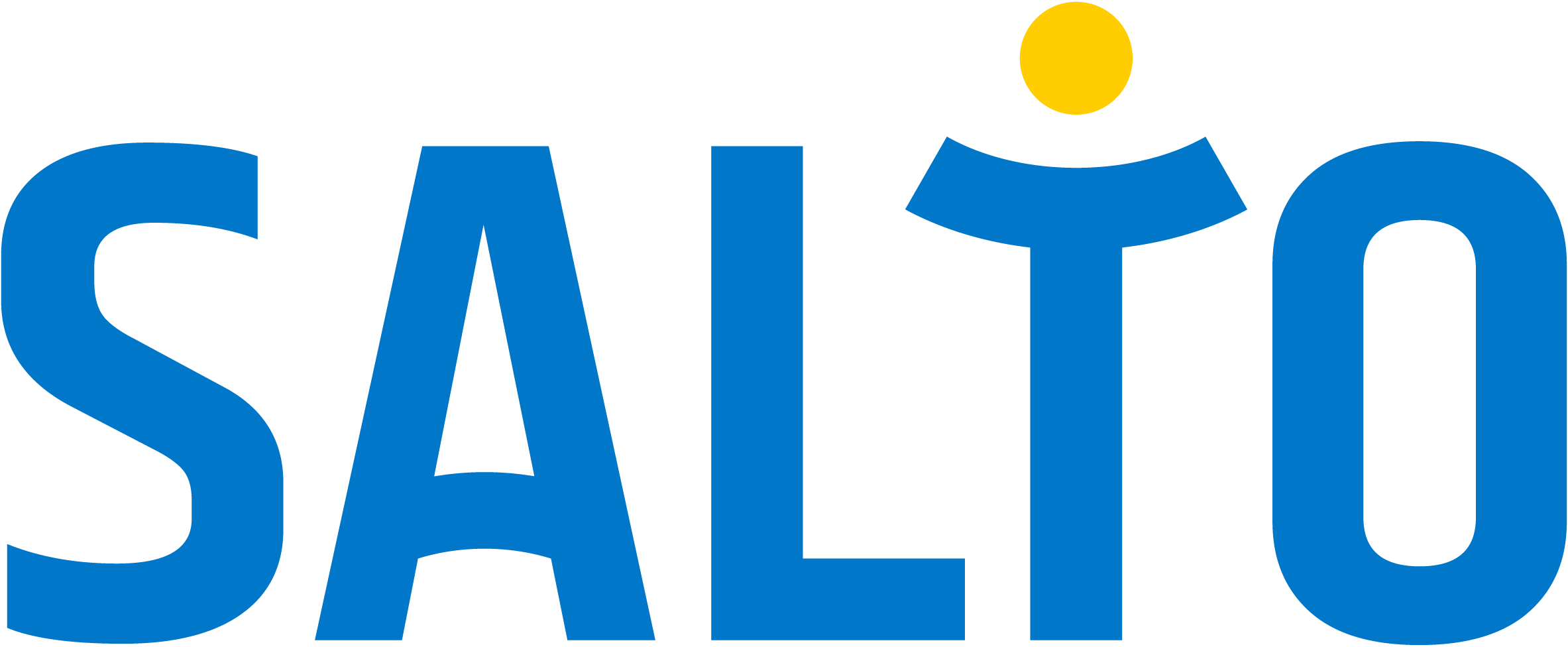The EU-Council of Europe Youth Partnership, the SALTO Training and Cooperation, together with Finland’s Ministry of Education and Culture and the National Agencies of Erasmus+ Youth Germany and Finland, Ireland, Portugal, policymakers and youth work structures from Serbia and Georgia have initiated a Peer Learning Activity (PLA) on Education and Training of Youth Workers. The aim of the Peer Learning Activity is to develop a shared understanding of quality youth worker education and training between the participating countries, and make a step further on cross-sectoral cooperation, to study country approaches with regard to the formal education and training of youth workers, to examine the competence development of youth workers, and to explore how European and international standards, tools and approaches can be applied in such a context, and to create a network of educators in higher education of youth work.
The first PLA Expert Meeting focusing on higher education in youth work will be organised by Humak University of Applied Sciences, Finland.
The participants of the expert seminar will represent higher education institutions providing or planning higher education in youth work, and national ministries responsible for youth work development policies in their countries.
The Expert Meeting in Helsinki will
- Look at motivations and challenges in introducing new higher education study programmes for youth workers;
- Learn about the diversity of curricula and learning plans;
- Exchange with youth workers who have graduated from these programmes in Finland;
- Focus on the role of national youth policymakers in developing youth work education;
- Explore opportunities in Erasmus+ Programme for supporting transnational cooperation on this topic.
The EU-Council of Europe Youth Partnership will present the European policy context for implementation of the European Youth Work Agenda, share a study on how competence frameworks are applied to youth worker education and training programmes in the PLA partner countries (Finland, Germany, Ireland, Portugal, Serbia and Georgia), document the expert seminar and collect relevant resources to disseminate them further as part of its objective to support the education and training of youth workers and the European Youth Work Agenda implementation.
Policy context
The Council of Europe Recommendation on Youth Work CM/Rec 2017(4), the EU Youth Strategy 2021-2027 (notably the ‘EMPOWER’ area of action), the Council of Europe Youth Sector Strategy 2030, and the Council Conclusions on Education and Training of Youth Workers (13595/1/19), adopted under the Finnish Presidency of the European Union encourage education and training, capacity building and further policy development and financial support to developing quality and innovation in youth work. Youth work development is now fully on the European agenda thanks to the three European Youth Work Conventions in 2010, 2015 and 2020 and the adoption of the European Youth Work Agenda at the end of 2020.
In support of these European initiatives, the EU-Council of Europe youth partnership has been carrying out research into understanding the realities of youth worker education, training and work across Europe and the challenges of strengthening the identity of youth work in relation to other, recognised sectors working with young people. This resulted in a Youth Knowledge Book on Youth Worker Education in Europe: Policies, Structures, Practices that presented national realities and explored thematic aspects from education, validation to ethics and professionalisation. The research has also opened opportunities for working with educators of youth workers in universities and vocational education structures and has helped disseminate knowledge on national education for youth workers in countries where it is developed.
SALTO Training and Cooperation, in the framework of the European Training Strategy (ETS), has developed a series of tools for youth workers’ competence development, namely a Competence Model for Youth Workers to Work Internationally, which serves now as a basis for residential and online training courses (in development), as well as an online self-assessment tool (also in development). The fourth ETS revision process will focus on the strategy responding to new developments and situation in the field of European youth work, including opportunities for education and training of youth workers funded by EU youth programmes.





